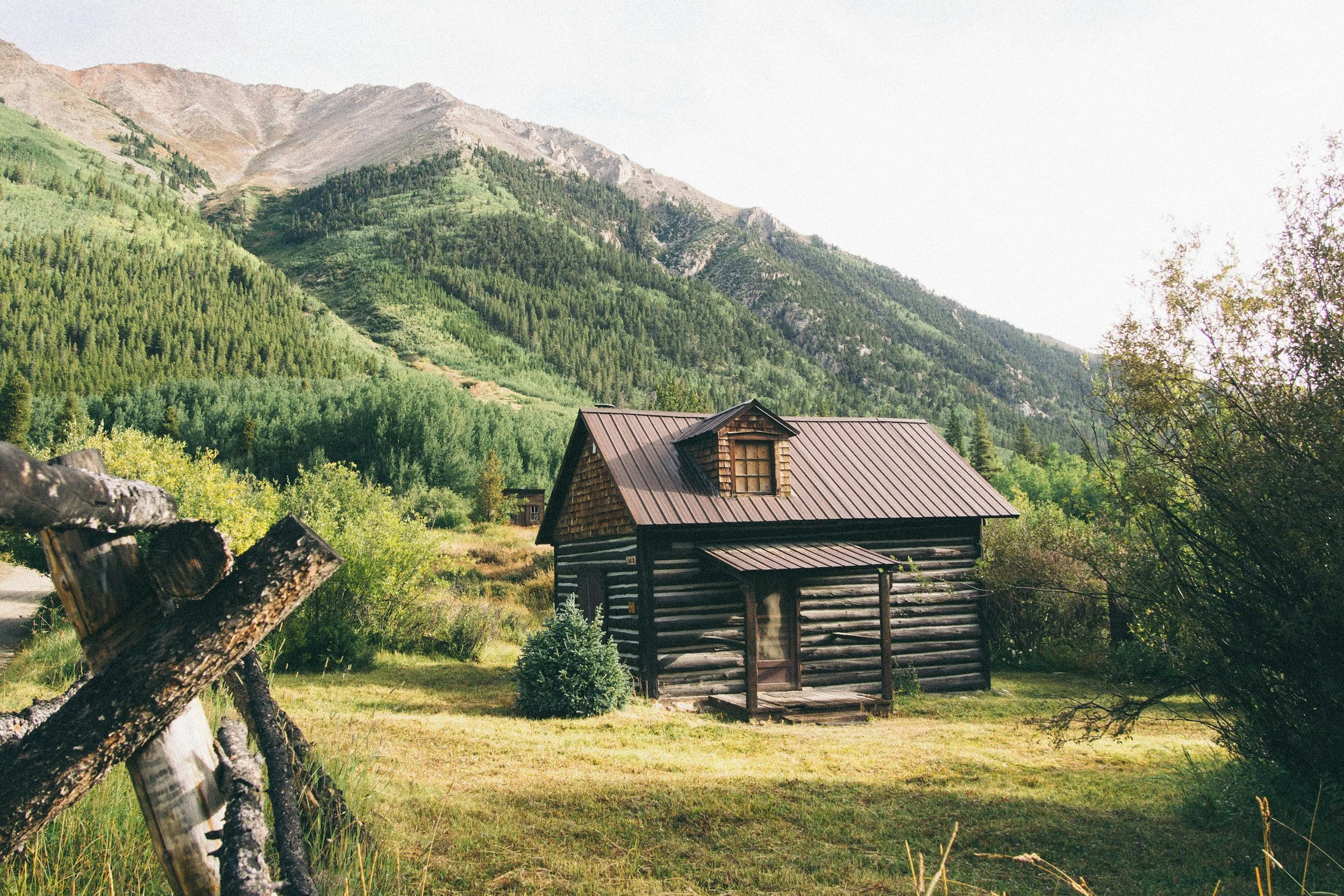How to Buy a Cabin Off Grid
Buying an off-grid cabin is a dream for many—offering freedom, self-sufficiency, and a closer connection to nature. Whether you're looking for a weekend getaway or a full-time homestead, there are key steps to ensure you find the right property and set yourself up for success. Here’s what you need to know before purchasing an off-grid cabin
Do you need a permit to build an off-grid cabin?
You typically need a permit to build an off-grid cabin, but requirements vary by location. Local zoning laws, building codes, and environmental regulations dictate what is allowed. Some areas have minimal restrictions, while others may require permits for construction, septic systems, and water use. Always check with your county or municipal office to understand the specific requirements before building.
Steps to Buying an Off Grid Cabin:
1. Determine Your Off-Grid Needs
Before searching for a property, define your goals. Are you looking for complete independence with solar power and well water? Or do you prefer a hybrid setup with some modern conveniences? Consider:
Location – How remote do you want to be?
Size – How much land and cabin space do you need?
Utilities – Will you generate your own power or haul in resources?
Access – Is the road accessible year-round?
2. Choose the Right Location
Location plays a huge role in your off-grid experience. Look for areas with:
Reliable water sources – A well, river, or spring is essential.
Sunlight exposure – Crucial for solar power.
Building regulations – Some counties have zoning laws that may limit your options.
Proximity to resources – Consider how far you are from a town for supplies and emergencies.
3. Evaluate Water and Power Sources
Off-grid living requires self-sustaining utilities. Look into:
Water – Does the property have a well, spring, or rights to a water source?
Power – Solar panels, wind turbines, and generators are common choices.
Septic and Waste Management – Will you install a septic system or use composting toilets?
4. Check Legalities and Permits
Not all land is zoned for off-grid living. Research:
Local zoning laws and building codes
Water and land rights
Permits for off-grid utilities
Hunting and fishing regulations (if applicable)
5. Inspect the Property
Before purchasing, visit the property and assess:
Cabin structure (if existing) for stability and repairs
Land conditions, including soil quality and terrain
Weather patterns that could impact accessibility and safety
6. Budget for Additional Costs
Beyond the purchase price, factor in:
Solar power system or generator setup
Water filtration and plumbing
Road maintenance (if private access is required)
Emergency preparedness, including food storage and medical supplies
7. Secure Financing and Close the Deal
Many off-grid properties require alternative financing, as traditional banks may not lend for remote land. Consider:
Owner financing
Land loans from credit unions
Cash purchases for easier transactions
Final Thoughts
Buying an off-grid cabin requires careful planning, but the rewards of independence and nature make it worth the effort. By thoroughly researching and preparing, you can find the perfect property to live the off-grid lifestyle you’ve always wanted.
Buying an off-grid cabin requires careful planning, but the rewards of independence and nature make it worth the effort. By thoroughly researching and preparing, you can find the perfect property to live the off-grid lifestyle you’ve always wanted. If you're ready to find your ideal off-grid retreat, Mountains West Ranches offers a variety of land options to suit your needs. Start your journey today by exploring our available properties.



